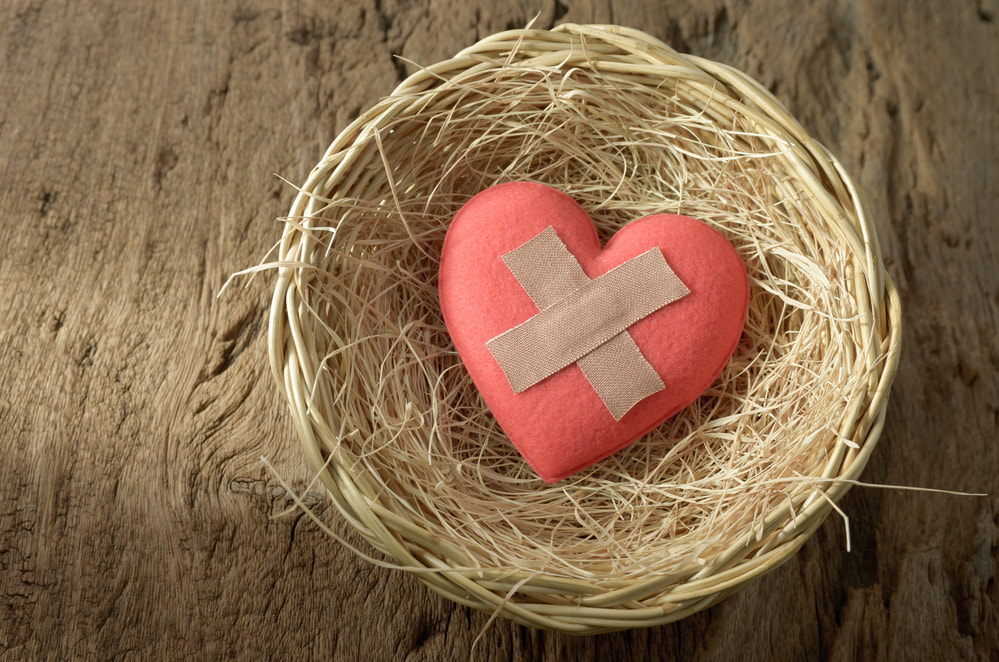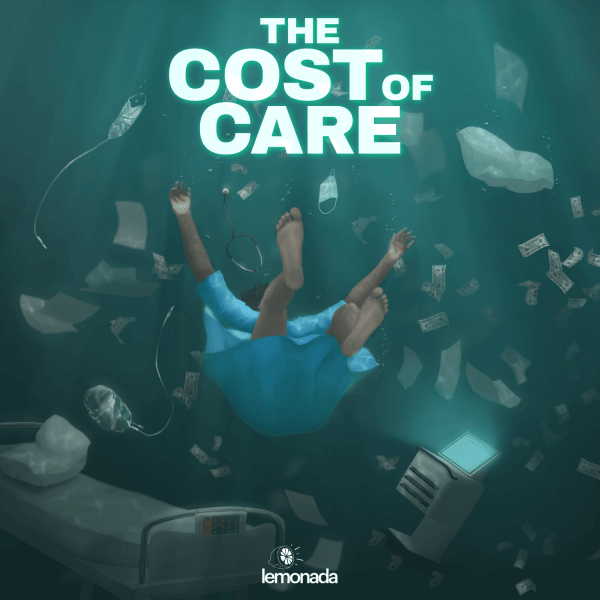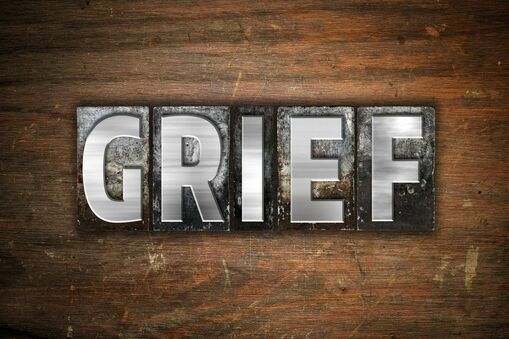Online booking now available
Welcome.
It is likely that you are here now because you have lost someone you love: a parent, spouse or intimate partner, child, family member, or friend.
You may also be seeking support or guidance around the impending loss of a beloved person or the loss of romantic relationship, friendship, or job.
Perhaps you are suffering in silence about the kind of loss that is deeply felt but not openly discussed, such as a miscarriage, stillbirth, estrangement from someone you love, or the death of a pet.
Because we love deeply, we grieve deeply. Regardless of its source, that grief is always legitimate.
While your grief will be life-long, the size and shape of it will change over time, as you encounter new experiences and milestones in your life. This is why it is normal to seek grief counseling irrespective of how recently the loss or death occurred.
Whether it has been days, weeks, months, or years since the loss occurred, your presence here suggests that you are curious about how to lovingly tend to your grief.
That curiosity is part of your body's natural healing instinct. Its voice comes from the wisest part of you.
Trust yourself.
Grief counseling can help you honor grief, while fully living your life.
It is likely that you are here now because you have lost someone you love: a parent, spouse or intimate partner, child, family member, or friend.
You may also be seeking support or guidance around the impending loss of a beloved person or the loss of romantic relationship, friendship, or job.
Perhaps you are suffering in silence about the kind of loss that is deeply felt but not openly discussed, such as a miscarriage, stillbirth, estrangement from someone you love, or the death of a pet.
Because we love deeply, we grieve deeply. Regardless of its source, that grief is always legitimate.
While your grief will be life-long, the size and shape of it will change over time, as you encounter new experiences and milestones in your life. This is why it is normal to seek grief counseling irrespective of how recently the loss or death occurred.
Whether it has been days, weeks, months, or years since the loss occurred, your presence here suggests that you are curious about how to lovingly tend to your grief.
That curiosity is part of your body's natural healing instinct. Its voice comes from the wisest part of you.
Trust yourself.
Grief counseling can help you honor grief, while fully living your life.
Grief therapy can be helpful if you are:
- experiencing anticipatory dread or panic about an impending loss or change.
- noticing that the thought of losing your loved one or the pain of missing them is making it difficult to keep going.
- having difficulty focusing or concentrating.
- replaying the last moments of your loved one's life, like a painful movie you can't turn off.
- leaning heavily on alcohol, medication, drugs, work, or television just to get through each day.
- experiencing physical symptoms such as head, stomach, joint, or muscle pain.
- experiencing crying spells that seem to be coming out of the blue.
- sleeping or eating too much or too little.
- preoccupied with thoughts about illness, death, or suicide.
- going through the motions of your daily routine, without much joy or pleasure.
- easily irritated, particularly by those who seem unaffected by loss.
- worried about alienating others because you're "not coping well" or are "not over it yet."
- regretting the things you 'should have' or 'could have' done differently prior to the loss.
Losing someone we love is one of the hardest challenges we will face. It is also one of the ways in which we can discover how strong and capable we are.
It's okay if you don't believe this right now. Grief or bereavement counseling can help.
It's okay if you don't believe this right now. Grief or bereavement counseling can help.
"Will I ever feel normal again?" |
The loss or death of a partner, family member, child, unborn child, or friend can make it feel as if your world has imploded. If we were to draw a map of bereavement feelings, it would closely resemble the rockiest mountain range: up one moment and down the next!
Grief temporarily changes how our brains and bodies function, making it difficult to do all of the things we associate with the best versions of ourselves. This is why most people say they feel slower, heavier, or that they just don't feel like themselves after a critical loss. Your loved one was an integral part of your life. Thus, it will take a while--sometimes up to two years--to get accustomed to living without them. Even then, it is normal to feel sad or yearn for the person who died, especially at birthdays, holidays, anniversaries, etc. |
Bereavement therapy can help you cope
Because grief hurts so much, many of us are tempted to ignore or avoid it by drinking too much, burying ourselves in work, sleeping too much, or finding other ways to numb our feelings. These behaviors may provide short-term relief but they tend to complicate the grieving process.
The greater our resistance to grief, the more likely we are to behave in ways that don't serve us. We isolate. We lash out. Work performance or social relationships suffer. It doesn't have to be this way.
It is when we are in pain that we are most deserving of support. Working with a qualified therapist or counselor can help you move through grief in a healthy way.
Schedule a free consultation to learn more about how counseling can help you heal.
The greater our resistance to grief, the more likely we are to behave in ways that don't serve us. We isolate. We lash out. Work performance or social relationships suffer. It doesn't have to be this way.
It is when we are in pain that we are most deserving of support. Working with a qualified therapist or counselor can help you move through grief in a healthy way.
Schedule a free consultation to learn more about how counseling can help you heal.
Online booking now available
Death ~ Breakup ~ Separation ~ Divorce ~ Grief ~ Loss ~ Mid-life issues
AS FEATURED ON
Phinney ~ Greenwood ~ North Seattle
Featured Article
"8 Ways To Help Yourself Through The Early Stages Of Grief "
Early grief is a basket of contradictions. The pain tells us to “do” something but everything hurts and there is nothing we want to do. We want the pain to stop but letting it go feels like a betrayal: of the deceased, of us, of our grief. We long for supportive company but accepting well-intended offers from people who have no idea what we are going through makes us feel even more alone.
In moments like these, our pain seems unsoothable: nothing can be done or said to make it dissipate.
It’s okay to long for the life you had with your loved one. And, it is equally important to keep going forward with life as it is now.
There’s a good chance you feel as sad as you do because you deeply loved someone and because you were deeply loved in return. The truest form of love is the unselfish wish for another to be happy, even when we cannot be with them in physical form. By continuing to care for yourself, you are not only honoring the person you lost, you are stepping toward your own aliveness. Which, conveniently, happens to be the best forward path after loss. We do this slowly, one moment, one day, one week at a time.
Here are a few tips to help reconnect you with your own aliveness:
Speaking of time, now may be a good one to remind you that, everything, even your pain, is designed to be temporary. You will hurt for a while but you won't feel this way forever. With each day that passes, each forward step you take, you are succeeding are rebuilding your life. And that is more than enough.
In moments like these, our pain seems unsoothable: nothing can be done or said to make it dissipate.
It’s okay to long for the life you had with your loved one. And, it is equally important to keep going forward with life as it is now.
There’s a good chance you feel as sad as you do because you deeply loved someone and because you were deeply loved in return. The truest form of love is the unselfish wish for another to be happy, even when we cannot be with them in physical form. By continuing to care for yourself, you are not only honoring the person you lost, you are stepping toward your own aliveness. Which, conveniently, happens to be the best forward path after loss. We do this slowly, one moment, one day, one week at a time.
Here are a few tips to help reconnect you with your own aliveness:
- Thank your grief. Thoughts will sometimes tell us we should be anywhere other than where we are. This is the brain’s benevolent, albeit ineffective, attempt at willing the body into a more pleasant emotional state. When feelings don’t have full permission to exist, they attach themselves to us in unhealthy ways. Pain is a normal, necessary part of the healing process. Welcome it. Say a quiet “thank you” to your grief for helping you heal. Do this, even if it feels like you’re going through the motions. (Sidebar: you will feel like you’re going through the motions--pretty much all of the time--for a good while after someone dies. This is normal.)
- Break the day into chunks. During the darkest times, the idea of getting through an entire day can feel impossible. I recommend breaking the day into chunks: breakfast, lunch, dinner, and bedtime. Congratulate yourself when you reach the threshold of each chunk.
- Start small and celebrate often. Set small goals for yourself each day. “Shower before breakfast” or “Make and eat a sandwich” count as goals. Be creative. This living thing is hard. When you achieve each goal, give yourself a hearty back pat. You deserve it!
- Find your tribe. Grief starts to resemble despair when it is done in isolation. Humans are social creatures. Seeking out others who are also rebuilding their lives after loss is a tangible way to honor grief. Find a support group in your area and join it. Go at least three times before deciding if it's right for you. So many grievers will say that finding their tribe was the single most important step they took in the healing process.
- Move your body. Emotions are physical events—we can literally move through them. Find a safe, doable form of physical activity and set a goal to do it for 15-30 minutes per day.
- Stretch beyond your comfort zone. Avoiding new things because they scare us is like pouring gasoline on the embers of fear. Fortunately, the reverse is also true. The embers of happiness, joy, excitement, and contentment cannot be spotted from your couch. One way to spread the flames of your own aliveness is to make a list of one or two small things that are outside of your comfort zone (and your couch). Do them, even if you don’t really want to. Repeat until these activities are part of your new comfort zone.
- Speak kindly to yourself. We are more likely to advocate for people we like so, when you are in pain, speak to yourself as if you are a valued friend. Gently remind yourself that you are doing your best to take care of yourself.
- Be patient. “Other people expect me to be over it by now” is one of the most common phrases I hear from my bereavement counseling clients. While others may have shifted their focus to the news of the day, their shift in focus does not diminish your loss. Nor is it a mandate to stop tending to your grief. Building a new life shape takes time. Give yourself the time you deserve.
Speaking of time, now may be a good one to remind you that, everything, even your pain, is designed to be temporary. You will hurt for a while but you won't feel this way forever. With each day that passes, each forward step you take, you are succeeding are rebuilding your life. And that is more than enough.
HoursM-TH: 8:30 AM - 2:00 PM.
By Appointment Only |
Telephone & Email |
Address503 N. 50th Street
Seattle, WA 98103 |
*Header Photographs courtesy of Josh Martin












